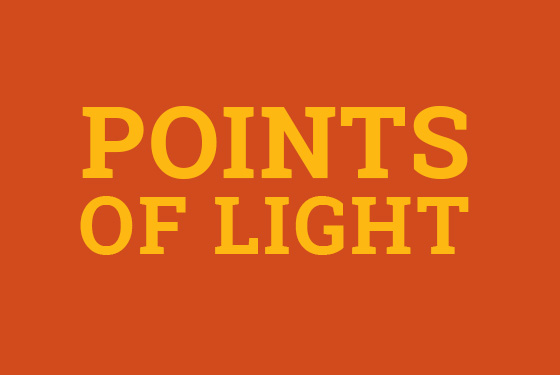OKLAHOMA SUPREME COURT REJECTS EXPANSIVE VIEW OF PUBLIC NUISANCE LAW
In 2019, Judge Thad Balkman of the District Court of Cleveland County determined that Johnson & Johnson created a public nuisance through its marketing of ingredients used to make opioids, and awarded $572 million––later reduced to $465 million––to the state of Oklahoma to fund an abatement program. A decision that served as a main catalyst to the state being named a Judicial Hellhole® for the first time.
Historically, public nuisance law involved instances in which a property owner’s activities unreasonably interfered in a right that is common to the public, usually affecting land use. Typical cases include blocking a public road or waterway, or permitting illicit drug dealing or prostitution on one’s property. Judge Balkman’s decision brought Oklahoma well outside of the legal mainstream, as evidenced by another 2019 decision in North Dakota where a judge dismissed a similar claim against Purdue Pharma.
Both parties appealed to the Oklahoma Supreme Court, J & J contending that Judge Balkman’s statutory interpretation “has no precedent in American legal history” and is based upon a “radical reimagination of Oklahoma law,” and the state contending that the award is insufficient to abate the crisis. The plaintiffs’ lawyers initially requested $17.5 billion over 30 years. Additionally, the State asked for $468,920 to cover litigation costs.
The Oklahoma Supreme Court sided with J & J, reversing the district court. J & J’s manufacture and distribution of a legal and highly regulated product did not violate a public right. The Court explained that violating a public right means interfering with the public’s access to a public good, such as water or roadways; “a public right is more than an aggregate of private rights by a large number of injured people.” The Court warned that applying this legal theory to J & J’s conduct would open the door to a slew of products liability claims masquerading as public nuisance claims.
“The common law criminal and property-based limitations have shaped Oklahoma’s public nuisance statute. Without these limitations, businesses have no way to know whether they might face nuisance liability for manufacturing, marketing, or selling products, i.e., will a sugar manufacturer or the fast food industry be liable for obesity, will an alcohol manufacturer be liable for psychological harms, or will a car manufacturer be liable for health hazards from lung disease to dementia or for air pollution. We follow the limitations set by this Court for the past 100 years: Oklahoma public nuisance law does not apply to J&J’s conduct in manufacturing, marketing, and selling prescription opioids.”
The typical remedy for public nuisance claims is abatement of the nuisance, a result that will not be achieved by forcing J & J to fund state public health programs because J & J has no control over its products once they are sold. J & J was only responsible for 3% of prescription opioid sales in the state, while the settling defendants were responsible for 97% of the alleged harm. The Court acknowledged the severity of the crisis created by widespread opioid misuse, but maintained that there is no legal basis for holding J & J liable. “Where the law does not expressly allow, J & J should not be responsible for the harms caused by opioids that it never marketed, manufactured, or sold.”
Furthermore, the judicial branch is not equipped to reconcile large-scale social issues.
“The Court has allowed public nuisance claims to address discrete, localized problems, not policy problems. Erasing the traditional limits on nuisance liability leaves Oklahoma’s nuisance statute impermissibly vague. The district court’s expansion of public nuisance law allows courts to manage public policy matters that should be dealt with by the legislative and executive branches; the branches that are more capable than courts to balance the competing interests at play in societal problems.”
The United States constitution demands that elected officials, who are accountable to the people, create law and policy, not appointed judges. “Further, the district court stepping into the shoes of the Legislature by creating and funding government programs designed to address social and health issues goes too far. This Court defers the policy-making to the legislative and executive branches and rejects the unprecedented expansion of public nuisance law.”







